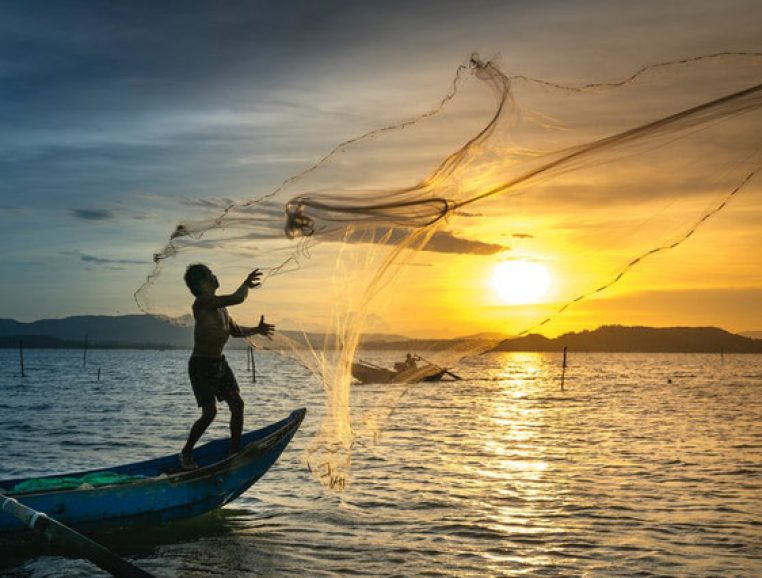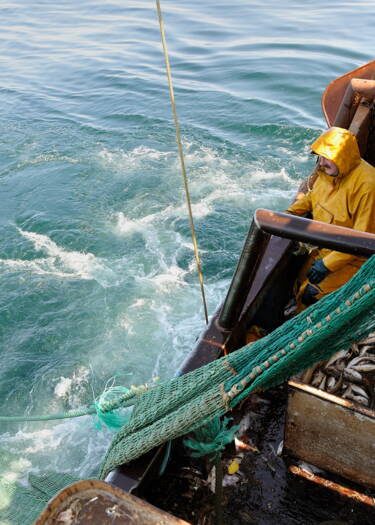There sustainable fishing is based on the responsible use of marine resources, recognizing that they are not infinite. This is about ensuring that current fishing meets needs without compromising opportunities for future generations. By preserving ecosystems, reducing energy impact and respecting marine habitats, it combines economic, environmental and social issues. In a context where the overfishing threatens biodiversity and the livelihoods of artisanal fishermen, sustainable fishing helps balance exploitation and preservation of the oceans. With labels like the MSC, it leaves enough fish in the ocean to ensure their natural regeneration, thus providing a pillar for cleaner oceans and responsible fishing practices.

There sustainable fishing is a practice that aims to meet current needs while preserving marine resources for future generations. By taking into account economic, environmental and social aspects, it helps protect ocean ecosystems and ensure a viable future for fishing. This article explores what sustainable fishing is and why it is crucial to the health of our oceans.
Table of Contents
ToggleDefinition and principles of sustainable fishing
There sustainable fishing is based on the principle that marine resources are not infinite. It therefore requires responsible management to guarantee their long-term availability. This involves leaving enough fish in the ocean so that populations can regenerate naturally. Additionally, it is crucial to respect marine habitats, use fishing techniques that minimize environmental impact, and ensure that communities that depend on fishing can earn a sufficient income from it.
Ecological importance of sustainable fishing
The protection of marine ecosystems is at the heart of the sustainable approach. By avoiding overfishing and preserving the seabed, sustainable fishing helps maintain biodiversity and prevent the collapse of fish populations. Through responsible practices, it helps stabilize the climate by supporting the ecological roles that the oceans play, such as storing carbon and regulating global temperatures.
Economic and social aspects of sustainable fishing
On the economic level, the sustainable fishing helps maintain a valuable resource for the fishing and aquaculture industries, thereby preserving thousands of jobs around the world. Socially, it favors coastal communities by guaranteeing equitable access to resources and promoting decent working conditions for artisanal fishermen.
Labels and certifications for responsible fishing
Labels such as MSC Sustainable Fishing play a key role in promoting sustainable fishing. They certify that seafood comes from fisheries that meet strict sustainability standards. These certifications encourage best practices and help consumers make informed choices when purchasing seafood.
The challenges of overfishing and solutions for sustainable fishing
Overfishing remains a worrying problem, threatening the balance of ocean ecosystems. To counter this, it is essential to implement rigorous catch quotas, promote selective fishing methods that reduce bycatch, and develop fish farming as an alternative. These solutions contribute to a sustainable future for the oceans and communities that depend on fishing.









